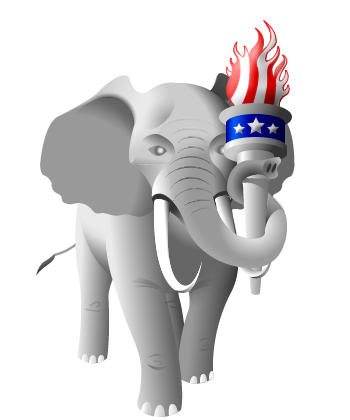Bailouts are like powerful painkilling drugs. They feel good immediately, but do enormous damage over time if abused.
Politically, the pressure to avoid bailouts is very difficult to resist. In modern US history, Chrysler, Lockheed, Long Term Capital Management, and Savings and Loans have been graced with bailouts. Each bailout instance tends to be bigger - and more urgent - than the last. Economists tell us this is a moral hazard, (and here, and here) because the bailouts are a signal to those who run businesses that they will not be allowed to fail. This encourages them to take risks that they otherwise would not dare take.
The last batch of bailouts have been even bigger, and are approaching a point where there is a question of whether the federal government has the resources to do bailouts "this big".
This article from Seeking Alpha highlights a paper written in the United Kingdom about the "doom loop" that sums up the problem of addiction to bailouts. Each time they get bigger, until they are "too big", and then you are in real trouble.
The paper from the US can be found directly here.













No comments:
Post a Comment